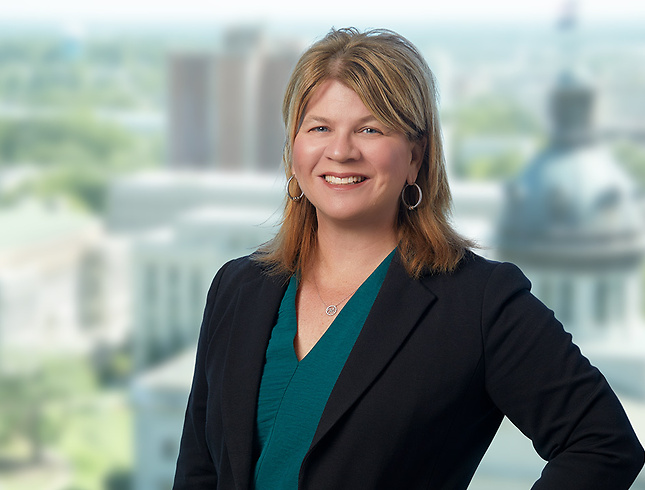On March 3, 2017, the United States Citizenship and Immigration Services (USCIS) announced it would suspend premium processing, often referred to as fast tracking, for all H-1B petitions. The suspension takes effect on April 3, the start date of the new fiscal year filing period.
What has changed
The H-1B visa program is one of the most popular and scrutinized visa classifications used for professionals. This fiscal year, the USCIS received nearly 233,000 H-1B petitions for 65,000 available H-1B slots.
The program enables U.S. companies to tap into a global network of foreign workers and combat staff shortages for highly skilled, often highly technical, positions. H-1B visa holders must perform a specialty occupation-typically defined as a position requiring at least a Bachelor's degree in a specific field. Another 20,000 foreign nationals with a master's or higher degree from a U.S. university can also obtain H-1B visas.
Companies have typically used the fast-track option, which requires an additional $1,225 processing fee, to receive a response from the USCIS within 15 days. The typical response time currently exceeds six months.
The H-1B program has been criticized for adversely affecting the wages of U.S. workers because foreign workers are allegedly willing to accept lower wages in order to obtain authorization to work and live in the United States. However, the H-1B program requires employers to pay H-1B workers at least the market wage for an occupation based upon the geographic market as well as the education, training, and experience required for the job.
What is still to come
During his transition, President Trump proposed requiring H-1B sponsors to pay a higher wage to those seeking H-1B sponsorship. He also discussed the idea of requiring employers to obtain a certification saying no qualified U.S. workers are available for a particular job before H-1B sponsorship would be permitted.
A bipartisan bill in Congress proposes reforming the popular program by changing the existing lottery system to a preference system, eliminating foreign outsourcing companies, and encouraging the recruitment of American workers. Employers should remain alert to any potential changes in the H-1B program.
What to do
The suspension of premium processing could delay the hiring of foreign workers resulting in potential labor shortages. The suspension may last up to six months, and the public will be notified before premium processing continues. Employers should assess whether any potential or current employees will need H-1B status (including extension petitions) within the next six months; if so, H-1B petitions, if eligible, should be filed before April 3, 2017. Employers should stay in close contact with immigration counsel to monitor the shifting immigration landscape. Counsel may advise if employers meet the criteria to request to expedite an H-1B petition. Continued vigilance, preparation, and communication will help ensure businesses remain compliant and knowledgeable through the transition period.
- Partner
Melissa Azallion Kenny is the Chair of the firm’s Immigration practice group. She has more than 20 years of experience advising clients on business immigration and labor and employment law issues. Ms. Kenny represents clients in ...
- Partner
Jon Eggert has experience assisting and advising clients on business immigration and labor and employment issues in a wide range of industries, including higher education, healthcare, hospitality, and manufacturing.
His ...


